What You Need to Know When Travelling During Ramadan
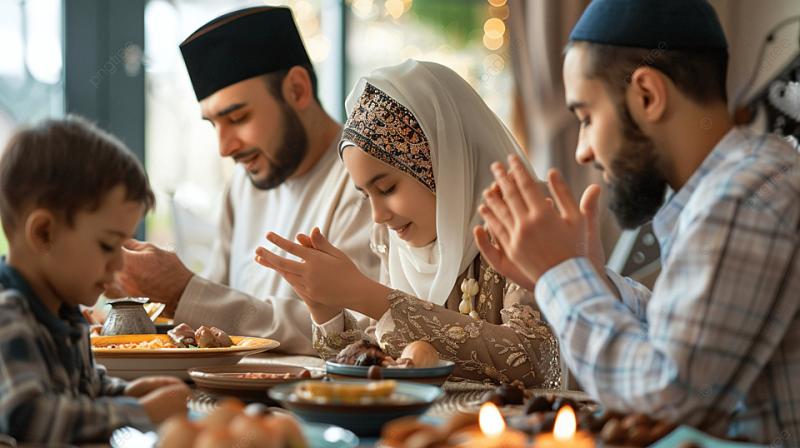

Ramadan, the holy month of fasting, reflection, and community, is observed by Muslims worldwide. For travelers, whether Muslim or non-Muslim, visiting a country during Ramadan can be a unique and enriching experience. However, it also requires careful planning and cultural sensitivity to ensure a smooth and respectful journey. This guide covers everything you need to know when traveling during Ramadan, from understanding the significance of the month to practical tips for navigating daily life.
1. Understanding Ramadan: The Basics?

What is Ramadan?
Ramadan is the ninth month of the Islamic lunar calendar and is considered the holiest month for Muslims. It commemorates the revelation of the Quran to the Prophet Muhammad (PBUH). During this time, Muslims fast from dawn (Suhoor) until sunset (Iftar), abstaining from food, drink, smoking, and other physical needs. Fasting is one of the Five Pillars of Islam and is obligatory for all healthy adult Muslims.
Key Practices During Ramadan
Fasting (Sawm): No food or drink is consumed during daylight hours.
Prayer (Salah): Increased prayers, including Taraweeh (night prayers), are performed.
Charity (Zakat and Sadaqah): Giving to those in need is emphasized.
Quran Recitation: Many Muslims aim to complete the entire Quran during the month.
Cultural Significance
Ramadan is not just about fasting; it’s a time for spiritual growth, self-discipline, and community bonding. Families and friends gather for Iftar meals, and mosques are often filled with worshippers.
2. Planning Your Trip During Ramadan?️
Research Your Destination
Not all Muslim-majority countries observe Ramadan in the same way. Some, like Saudi Arabia or the UAE, have strict regulations, while others, like Turkey or Indonesia, maybe more relaxed. Research local customs, laws, and how Ramadan might affect your travel plans.
Check the Dates
Ramadan shifts by about 10 days each year based on the lunar calendar. In 2023, Ramadan is expected to begin around March 22nd and end around April 20th. Confirm the exact dates for your travel year, as they can vary slightly depending on the sighting of the moon.
Book Accommodations Early
Hotels and flights can fill up quickly, especially in popular destinations. Book well in advance to secure your preferred accommodations and avoid last-minute price hikes.
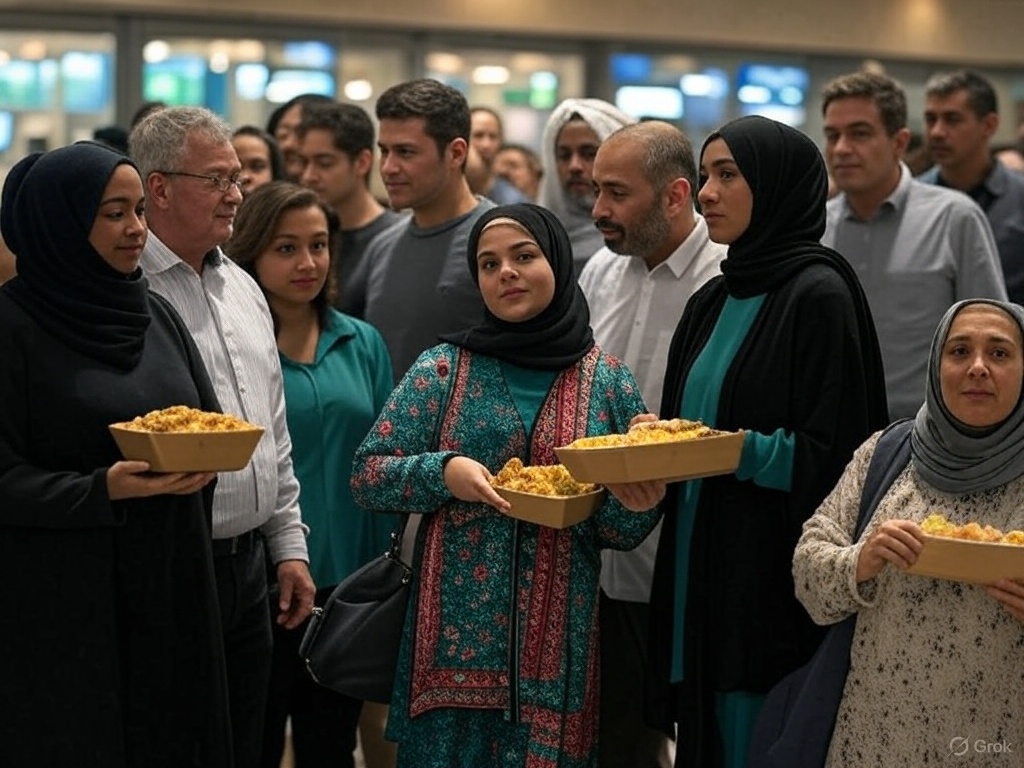
3. What to Expect During Ramadan?
Changes in Business Hours
Restaurants and Cafes: Many eateries may be closed during daylight hours, especially in conservative countries. However, hotels and tourist areas often have open restaurants for non-fasting travelers.
Shops and Markets: Opening hours may shift, with many businesses closing early and reopening after Iftar. Night markets and bazaars often come alive after sunset.
Public Services: Government offices and banks may operate on reduced hours.
Transportation and Traffic
Rush Hours: Expect heavy traffic before Iftar as people rush home to break their fast. Plan your travel accordingly to avoid delays.
Public Transport: Schedules may change, so check ahead for any adjustments.
Cultural Sensitivity
Dress Modestly: Both men and women should dress conservatively, covering shoulders and knees, especially when visiting religious sites.
Avoid Eating, Drinking, or Smoking in Public: In many Muslim-majority countries, it’s considered disrespectful to consume food or drink in public during fasting hours. If you’re unsure, ask for guidance or eat in private spaces.

4. Experiencing Ramadan as a Traveler ??️
Join an Iftar Meal
One of the most memorable experiences during Ramadan is participating in an Iftar meal. Many hotels, restaurants, and mosques offer Iftar buffets where you can enjoy traditional dishes like dates, soups, grilled meats, and desserts. It’s a great way to connect with locals and experience the spirit of Ramadan.
Visit Night Markets
After Iftar, cities often come alive with vibrant night markets. These are perfect for sampling local street food, shopping for souvenirs, and soaking in the festive atmosphere.
Attend Taraweeh Prayers
Even if you’re not Muslim, attending Taraweeh prayers at a local mosque can be a profound cultural experience. Be sure to dress modestly and observe proper etiquette.
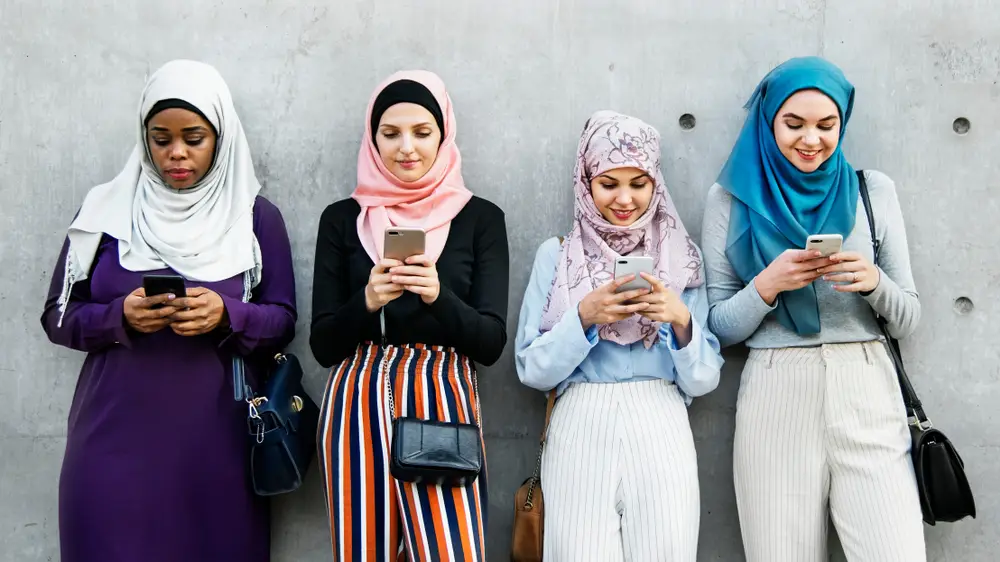
5. Tips for Non-Muslim Travelers?
Be Respectful
Avoid Offering Food or Drink: During daylight hours, refrain from offering food or drink to those who are fasting.
Keep Noise Levels Low: Be mindful of noise, especially during prayer times or late at night when people may be resting.
Learn Basic Phrases
Learning a few phrases in the local language, such as “Ramadan Mubarak” (Blessed Ramadan) or “Iftar Sa’eed” (Happy Iftar), can go a long way in showing respect and building rapport with locals.
Be Patient
Things may move slower during Ramadan due to reduced working hours and the physical demands of fasting. Embrace the slower pace and use it as an opportunity to relax and reflect.
6. Tips for Muslim Travelers?
Plan Your Suhoor and Iftar
If you’re fasting, make sure your accommodations provide facilities for Suhoor (pre-dawn meal) or have access to food delivery services. Many hotels offer special Ramadan packages for Muslim travelers.
Locate Nearby Mosques
Research the locations of mosques near your accommodations for prayers and Taraweeh. Apps like Google Maps or IslamicFinder can help.
Stay Hydrated and Energized
Traveling while fasting can be challenging, especially in hot climates. Rest during the day, stay hydrated during non-fasting hours, and choose nutrient-rich foods for Suhoor and Iftar.
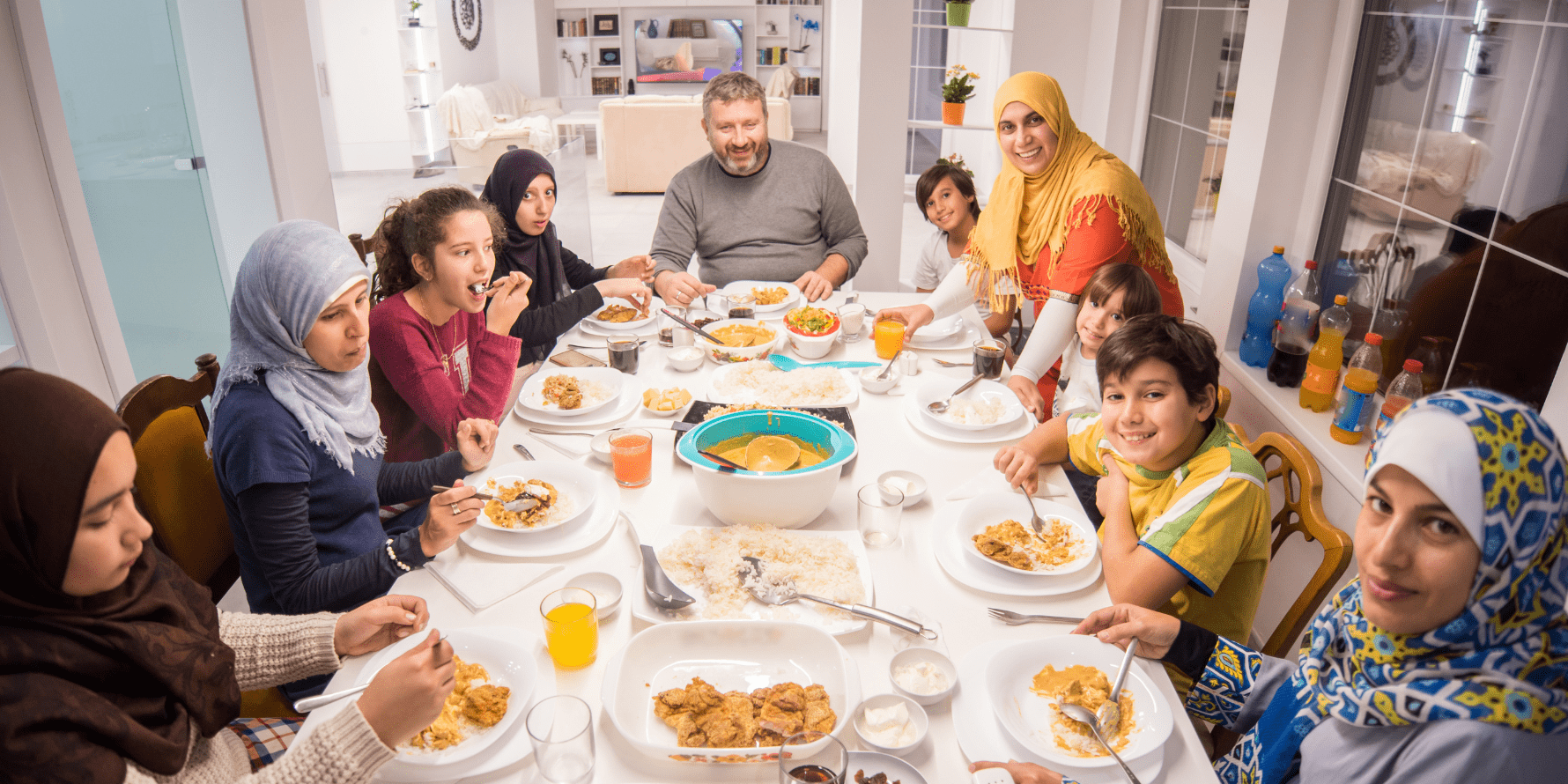
7. Health and Safety Tips During Ramadan?
Stay Hydrated
Dehydration can be a concern, especially in warmer climates. Drink plenty of water during non-fasting hours and avoid excessive caffeine or sugary drinks.
Eat Balanced Meals
Opt for meals that provide sustained energy, such as complex carbohydrates, proteins, and healthy fats. Dates are a traditional and nutritious way to break your fast.
Respect Local Laws
In some countries, breaking the fast in public can result in fines or legal consequences. Always follow local regulations to avoid any issues.
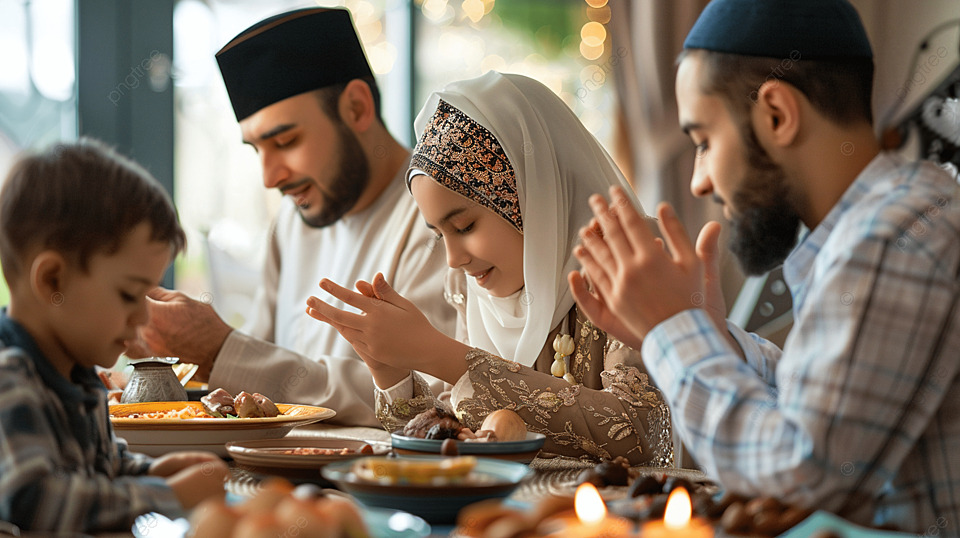
8. Unique Ramadan Experiences Around the World?
Dubai, UAE?️
Dubai is known for its extravagant Iftar buffets and stunning Ramadan decorations. Visit the Dubai Mall or attend a desert safari for a unique Ramadan experience.
Istanbul, Turkey?
Istanbul’s historic mosques and bustling bazaars offer a magical atmosphere during Ramadan. Don’t miss the chance to try traditional Turkish delights and kebabs.
Marrakech, Morocco?
The vibrant souks and lively Jemaa el-Fnaa square come alive at night during Ramadan. Enjoy traditional Moroccan dishes like tagine and harira soup.
Jakarta, Indonesia?
Indonesia, the world’s largest Muslim-majority country, offers a diverse Ramadan experience. Visit local mosques and enjoy the unique flavors of Indonesian cuisine.
9. Final Thoughts: Embrace the Spirit of Ramadan.
Traveling during Ramadan is an opportunity to immerse yourself in a rich cultural and spiritual experience. By being mindful of local customs, showing respect, and embracing the slower pace of life, you can create lasting memories and deepen your understanding of this sacred month.
Whether you’re breaking bread with locals at an Iftar meal, exploring vibrant night markets, or simply observing the beauty of Ramadan traditions, your journey will be enriched by the warmth and generosity of the communities you encounter.
Ramadan Mubarak! ?✨
Your Trusted Travel Partner
Exploring Saudi Arabia is a once-in-a-lifetime experience, and Pinkstone Travel Saudi, your trusted travel agent in Riyadh, Saudi Arabia, ensures it’s seamless and unforgettable. From breathtaking deserts to vibrant cities and tranquil wadis, Pinkstone Travel specializes in crafting personalized travel experiences. With a focus on your comfort and satisfaction, their expert team tailors every Saudi Arabia tour package to provide an enriching journey.








Comments